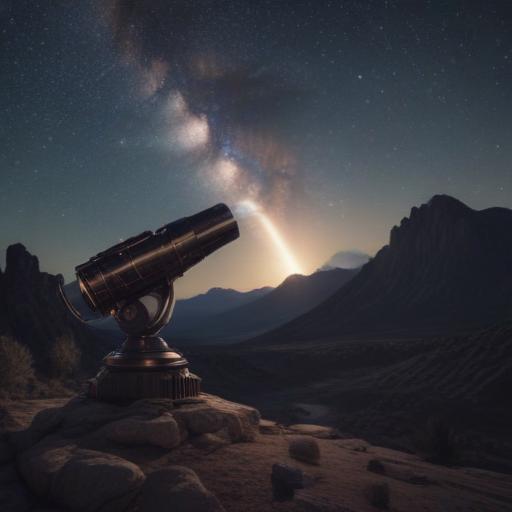The Hubble Space Telescope has recently captured its first images of comet 3I/ATLAS, making it only the third object ever observed entering our solar system from interstellar space. This exciting discovery follows the previous observations of 1I/’Oumuamua in 2017 and 2I/Borisov in 2019, both of which have since exited the solar system.
What makes 3I/ATLAS particularly intriguing is the possibility that it originates from a region of the Milky Way that is older than our own solar system, estimated to be around 4.6 billion years old. Recent studies suggest that 3I/ATLAS may be approximately 7 billion years old, potentially making it the oldest comet observed to date.
An undergraduate astrophysics student, known as astrafoxen, shared the Hubble images on social media, noting the distinct appearance of the comet’s coma, which appeared “very nice and puffy.” This excitement is echoed in a preprint paper describing the interstellar comet, which disclosed that 3I/ATLAS contains significant amounts of water ice and has a dust composition that leans more towards D-type asteroids, rather than ultrared trans-Neptunian objects.
The arrival of 3I/ATLAS in our solar system has marked a thrilling time for astronomers, especially since it was first identified by the ATLAS survey telescope on July 1, 2025. Various observatories, including the Vera C. Rubin Observatory—equipped with the largest digital camera ever built—are now gearing up to observe the comet. This observatory is expected to identify between 5 and 50 more interstellar objects throughout its decade-long survey period.
As researchers turn their focus to 3I/ATLAS, the comet opens a window into the fascinating study of planetary systems beyond our own, allowing astronomers to deepen our understanding of the universe. The Hubble images of comet 3I/ATLAS, available for download, are serving as a valuable tool for ongoing research.
This discovery not only enriches our knowledge of cosmic phenomena but also sparks hope for future discoveries that may further illuminate the history of our universe.
